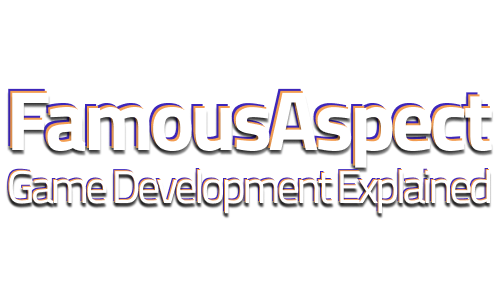“What crypto winter?” the Illuvium team is asking after raising $72m in a smooth, well-structured land sale which raised a giant war chest of funds for the developer without crashing any networks along the way.
Recently, we spoke to Khaled Alroumi, system & economy designer, about the land sale, the hub-and-spoke world of Illuvium, and some of the challenges a designer faces as they move from the world of Web2 to Web3 game design. Below is a highlight from the conversation, where Khaled explains the difference between designing an experience for an Investor player type as opposed to a Gamer type.
Anton Backman: Is there anything that feels like a mirror to your experience in free-to-play design that you can highlight? What are the biggest changes in your work now that you have to also take into account how an open economy might affect the economy?
Khalid Alroumi: I think the area where it feels very different is the land game play. So Illuvium Zero is very similar to a city builder where you get to create resources, build buildings, optimize your layout, all to increase your resource output. So something similar to what you would see in a builder game on mobile, but the way you try to optimize it is completely different.
So no longer we are just focusing on retention and monetization here. We have some other things to put into perspective. That’s by far the biggest challenge is that what is my paradigm, exactly what I’m trying to focus on.
Optimizing it’s completely different here. You might need to optimize for the floor price for NFTs. You need to make sure that the economy is sustainable. You need to make sure that the cadence of which the players play is not necessarily similar to free-to-play, where you want them to build a habit and then keep on playing. No, it’s completely different. And I still didn’t, you know, put the dots exactly together on “this is the way it should be done.” It’s still a mystery to me. I’m still discovering it.
Ethan Levy: That’s really interesting. Why do you think the play pattern will be, or should be, different?
Khalid Alroumi: So, I could give you an example. In our land gameplay, I would say that the gameplay is not really the star of the show. Lands, the main purpose of them is to generate fuel. So, the experience needs to be engaging, but it doesn’t need to be tedious enough where we are making the landowners really get to work to get their fuel.
You want the experience to be just enough for them to be engaging enough, but you don’t need them to be on the app always. You don’t need to drain them or just keep monetizing them constantly. It doesn’t work like that. It needs to be a pleasant experience for them, where they would be able to get their yield without having to go through a tedious amount of work.
Ethan Levy: Got it. So if I think about some of the land games or appointment games I’ve played on browser or mobile free-to-play, there might be a reason if I’m playing optimally for me to visit my city once an hour. Or even more frequently if I really want to min/max it.
And the theory behind something like that is: forming that daily habit where someone’s checking their city every hour to collect their resources and set new appointments and collect appointments, that will lead to long-term retention. Because when the player thinks they have a free moment, what they’re going to do is open up their city.
And it sounds like with Illuvium, you’re expecting a different player type with different motivations. And if someone’s more of an Investor than a Game Player, they might want to only check in once a day or even less, you know, a couple times a week. And that as a designer you’re focusing on that play pattern. Is that right?
Khalid Alroumi: That’s a hundred percent right. Like, you don’t want it to be tedious enough where the investor will say “you know what, it’s not worth my time. Why would I want to keep that land?”
You know, so that’s why I actually had to design it in a way where it’s like: log in once a day is more than enough, and it needs to be as seamless as possible. But of course, this is a theory. I could be wrong, but this is how it is now. This is how it makes sense to me.


